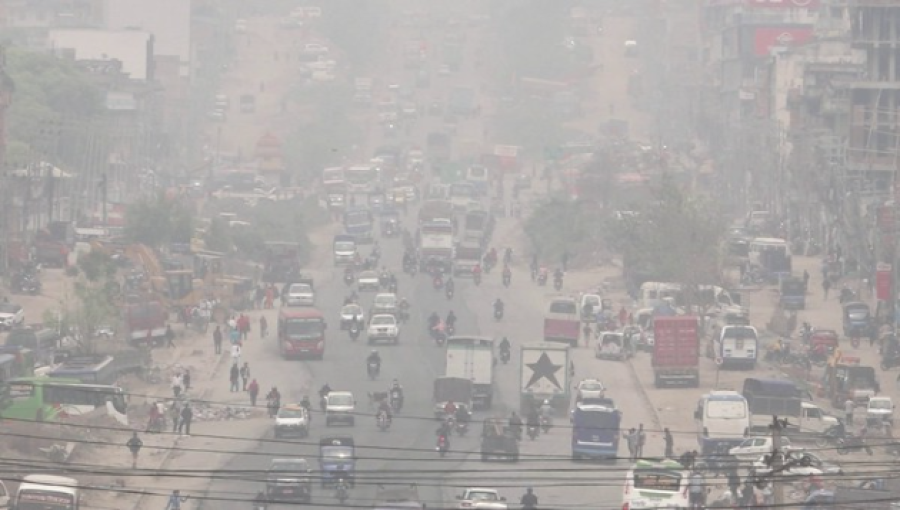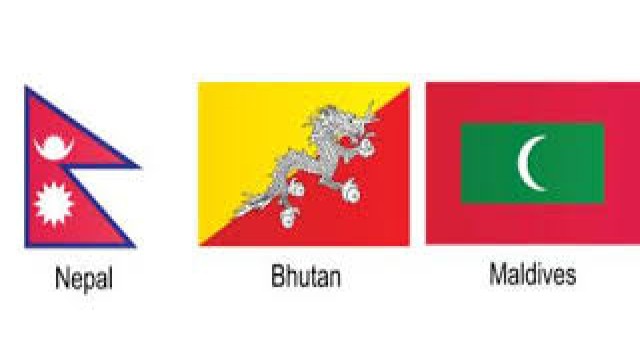As of 9 AM on May 19, 2024, (Sunday) Dhaka has been ranked the second worst city globally for air quality, recording an Air Quality Index (AQI) score of 183. This places the city’s air in the 'unhealthy' category, a sharp deterioration from yesterday’s 'moderate' air quality with an AQI of 99.
The AQI is a standardized index used to report daily air quality levels, indicating how polluted the air is and the potential health effects. An AQI score between 150 and 200 signifies 'unhealthy' air quality, posing risks to the general population, especially sensitive groups. For context, AQI values are classified as follows:
- 50-100: Moderate
- 101-150: Unhealthy for sensitive groups
- 150-200: Unhealthy
- 201-300: Very unhealthy
- 301+: Hazardous
Dhaka's air quality challenges are part of a broader regional issue. Delhi in India holds the top spot with an alarming AQI of 370, followed by Lahore in Pakistan with 177, and Wuhan in China with 167.
The AQI in Bangladesh is calculated based on five pollutants: particulate matter (PM10 and PM2.5), nitrogen dioxide (NO2), carbon monoxide (CO), sulfur dioxide (SO2), and ozone (O3). Dhaka's air quality typically worsens during the winter months and sees some improvement during the monsoon season.
The health impacts of poor air quality are severe. According to the World Health Organization (WHO), air pollution is responsible for an estimated seven million deaths annually. The primary causes include increased mortality from stroke, heart disease, chronic obstructive pulmonary disease, lung cancer, and acute respiratory infections.































Comment: